Supporting Exceptional and Innovative Ideas
The Seed Funding Program supports exceptional and unorthodox ideas for projects with up to 50,000 € in funding. The program aims to foster collaboration within and between the MCQST research units. Calls for proposals are made twice a year.
Selected success stories
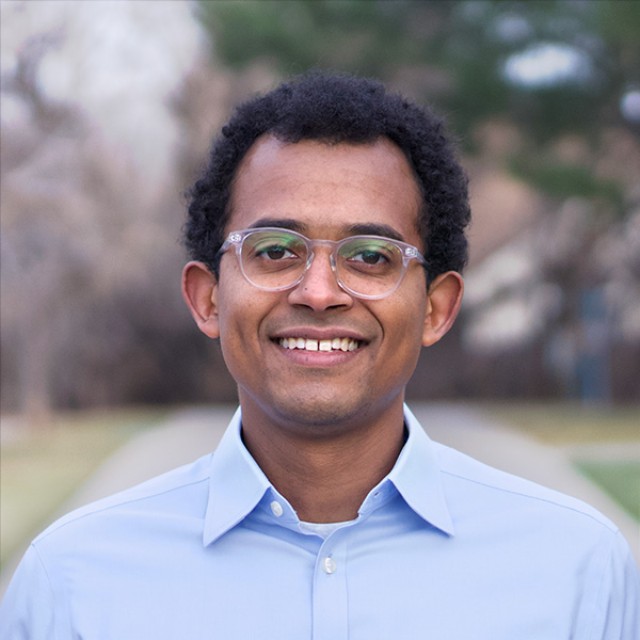 © Caltech
© Caltech Developing novel experimental techniques
Project by Nelson Darkwah Oppong (LMU)
The seed funding enabled the development of novel experimental techniques, where optical lattices and local state-dependent control with optical tweezer are combined in order to realize novel quantum computing schemes with cold neutral Yb atoms.
Nelson is currently a Visiting Associate at Caltech.
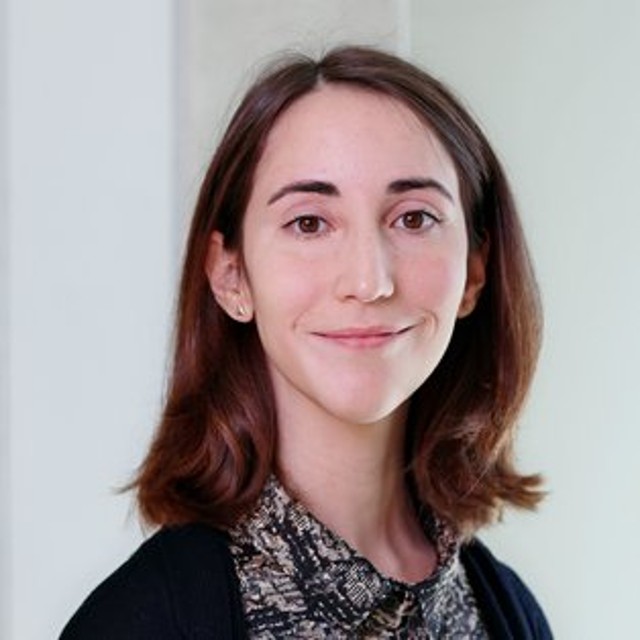
Combining inter-disciplinary expertise
Project by Noelia Fernandez (WMI)
The collaboration with Prof. Efetov's group at LMU, was highly valuable for combining expertise on fabrication know-how and ideas from different perspectives: one oriented to the fundamental research aspects of quantum materials and the other aiming at their applications in superconducting device technologies.
Noelia is currently Product Application Scientist at kiutra.
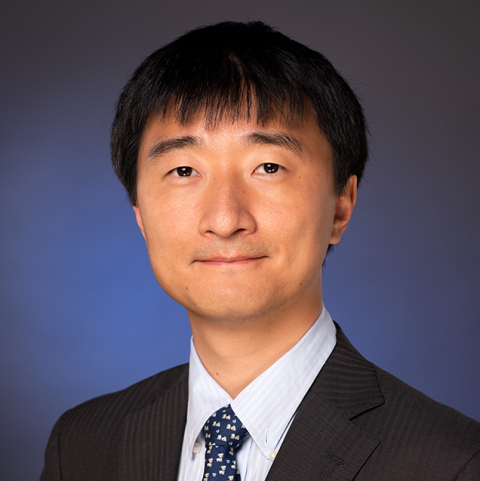
Exploring new directions
Project by Akira Ozawa (MPQ)
Major achievements from this project are:
1. Development of a micro-chip Yb:KYW laser oscillating at 981nm for the first time.
2. We found that the thermal lens can be astigmatic and asymmetric due to non-isotropic surface bulging. This effect was not known before.
3. Evaluation of phase/amplitude noise of Yb:KYW comb for XUV frequency comb generation.
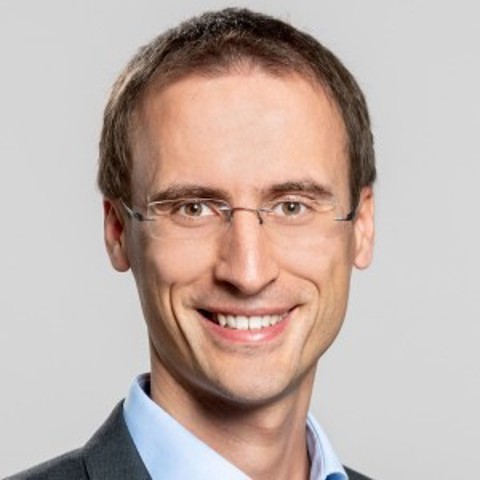
Shaping the group's profile
Project by Andreas Reiserer (TUM)
The results from the project shaped the main research direction (quantum networks) of Andreas’ group. Moreover, the project enabled a successful major grant application (BMBF) targeting portable quantum network nodes based on erbium-doped silicon.
 © C. Hohmann / MCQST
© C. Hohmann / MCQST Establishing long-term collaboration
Project by Amanda Young (TUM)
The project has helped solidify Amanda's research relationship with her collaborator Angelo Lucia. The two scientists have already planned future projects.It is a collaboration that Amanda expects to continue for years to come.
Amanda is currently Asst. Prof. at University of Illinois Urbana-Champaign
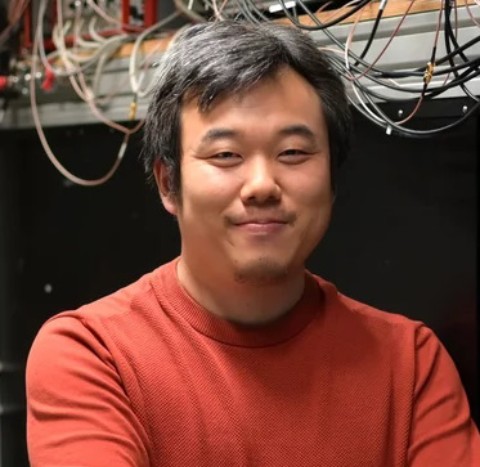
Scientific breakthrough
Project by Xinyu Luo (MPQ)
Facilitated by the flexible funding, the group was able to produce the so-far coldest Fermi gas of polar molecules thus far. The groundbreaking results were published in Nature and featured on the magazine’s cover.
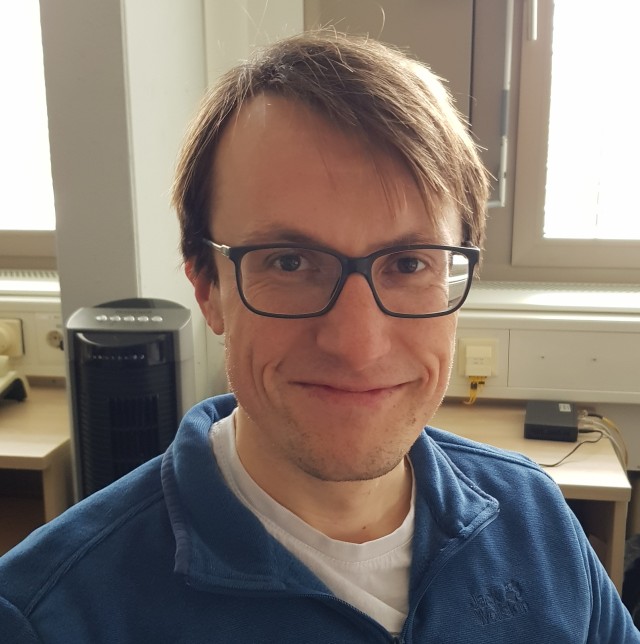
Kick-starting a new laboratory
Project by Kirill Fedorov (WMI)
The seed funding project has provided Kirill with an essential experimental and theoretical basis for the follow-up project on “Quantum Microwave Tokens & Memories” (QuaMToMe) funded by BMBF with a total budget of 1.9 M€.
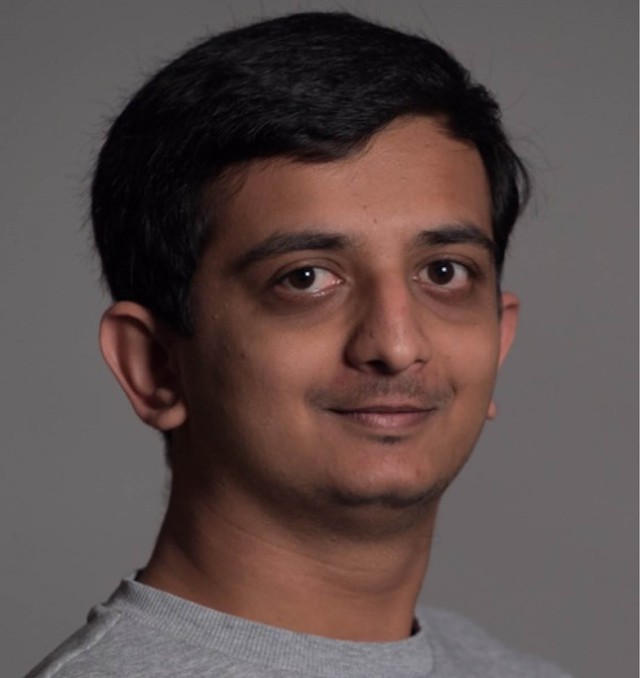
Encouraging innovative ideas
Project by Samarth Vadia (LMU)
A follow-up project was recently awarded additional funding by SPRIND (Federal Agency for Disruptive Innovation in Germany). This agency supports radical new ideas and technologies in Germany. The group became the first successful SPRIND awardees at LMU.
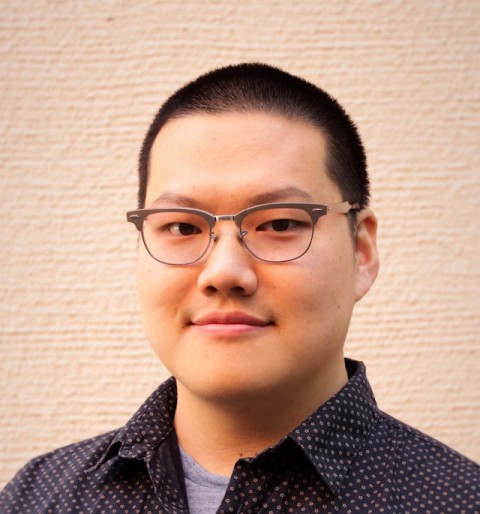
Exploring new directions
Project by Martin Lee (LMU)
The funding enabled the exploration of a new research direction focused on mechanical tuning of electronic properties in twisted 2D systems. Now, the group is close to harnessing both the in-plane and out-of-plane strain as tuning parameters.
 © Christoph Hohmann (MCQST)
© Christoph Hohmann (MCQST) Seed Funding: A Match Made in Munich
A physicist and a chemist, who probably wouldn’t have met if it weren’t for MCQST, are currently developing a new kind of quantum camera. Andreas Stier and Dominik Bucher intend to use it primarily to study ultra-thin 2D materials.
Funding Criteria
- Eligibility: MCQST PIs (core and associated) and Postdocs (with support letter from a PI) from MCQST research groups are eligible to apply.
- Only one application per group is permitted. Therefore, either a PI or a Postdoc from a group may apply. Special cases: START Fellows and Distinguished Postdocs are considered as PIs.
- Researchers who received Seed Funding in the most recent call cannot apply until the next funding round.
- Preference will be given to junior and female researchers.
- Projects that connect different research units, encourage collaboration, or have high-risk, high-gain potential will be prioritized.
- Successful seed funding projects are expected to seek additional third-party support upon completion.
How to apply
How to apply
Applications for MCQST Seed Funding should include:
- A completed application form, including a budget plan (maximum two pages).
- For Postdocs: A support letter from a PI.
The funding period of this eleventh call will range from January 1, 2025, to June 30, 2025. Applications are open until October 21.
Please send your application form to support[at]mcqst.de
.